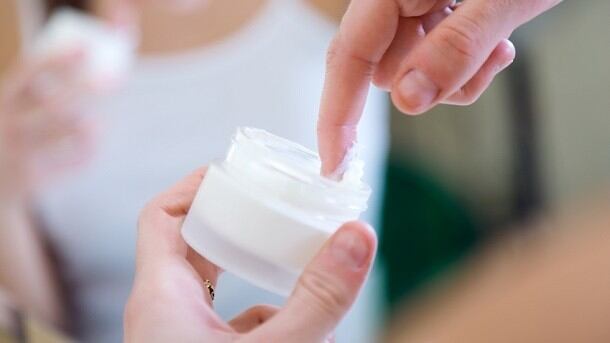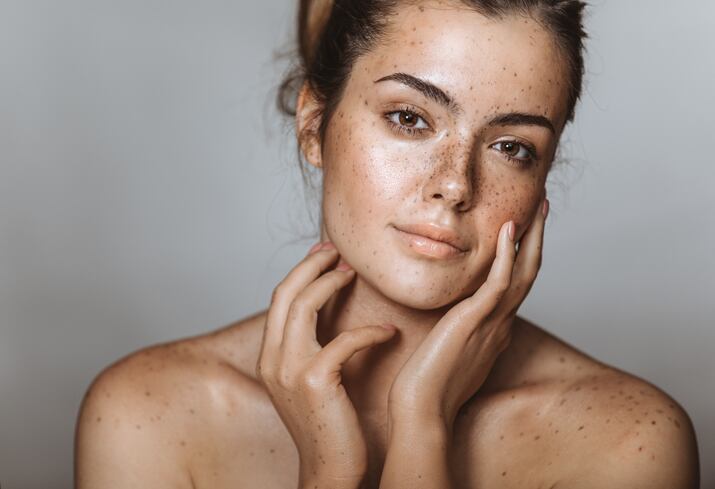Ahead of the inaugural Cosmetics Design Summit on Microbiome Skincare Innovation, we spoke to one of our keynote speakers, David Tyrell, global beauty and personal care analyst at market intelligence provider Mintel, to find out more.
Through its Global New Product Database, Mintel has access to all the latest product launches in the category, so David and his team have been keeping a close eye on the developments, many of which he will be sharing during his presentation, taking place at the event, June 24 – 25, in Amsterdam.
In this interview we asked David about the latest product launches on the market, the claims, how informed consumers are about skin microbiome and how he sees the trend evolving in the future.
Are there any unifying characteristics to the microbiome targeted brands you’re seeing launched on the market right now?
Microbiome-targeted brands commonly use words such as healthy and balance to spotlight skincare products that restore and/or maintain a thriving skin microbiome. This story line kicked off in 2018 and is expanding in 2019. In addition to a strong skin wellness theme, microbiome-targeted brands designed for acne or sensitive skin will emphasize the gentleness of the formula for both the skin and the skin microbiome.
What are the main product claims for these types of products?

‘Probiotic’ skincare products usually have multifunctional and higher order skin benefits. Facial skincare ‘probiotic’ product launches accounted for nearly three-quarters of the total new 'probiotic' skincare launches over the last year. Anti-ageing claims that include ‘reduces fine lines and wrinkles’ along with ‘moisturising’ and ‘brightening’ claims are most often associated with these products. It’s important to note that ‘probiotic’ refers to products obtained by the fermentation of a probiotic or products made from the fermentation of a food source such as soybeans by a probiotic; the most common probiotic used is Lactobacillus.
How educated are consumers about microbiome, and where do you see the gaps in the information that consumers are currently getting?
The consumer is becoming more aware of the benefits of probiotics for overall well-being and how the benefits could transition to skin. Social media platforms such as Instagram, Pinterest and Twitter have been more influential over the last year in spreading the news about the skin microbiome, and that knowledge can have an impact on brand selection. Yet, more education is needed; brands that introduce innovative tutorial pop up stores that both educate and promote products will increase consumer excitement and brand engagement.
Which markets around the world are microbiome products proving to be the most popular?
South Korea remains the market with the most new ‘probiotic’ facial skincare launches over the last year. However, new facial skincare ‘probiotic’ product launches in UK, Germany, US and France showed marked increases over the last few years, surpassing the growth rates of the major East Asian markets.
What are the main challenges to launching microbiome-targeted products on the market right now? Consumers remain interested in trying ‘probiotic’ skincare influenced by the increase in promotions by probiotic supplement brands touting health & wellness benefits. Yet, consumers’ performance standards for ‘probiotic’ skincare will get higher; those brands that can show improvements in skin appearance will stand out. It’s not just promoting a ‘probiotic’ ingredient or a story around keeping a healthy skin microbiome, more consumers will want to see visual evidence.
Where do you see this category in five years times?
More clinical data is expected to spotlight the benefits of synbiotics (prebiotics + probiotics) to improve mental and physical health & well-being, which will further drive popularity of ‘synbiotic’ skincare. More indie anti-ageing ‘synbiotic’ facial skincare brands will appear that promote ‘skin microbiome health’-related claims. Specialty retailers won’t be shy about showcasing these claims in expanding new skin wellness narratives.
Skin microbiome-targeted technologies are also expected to have an impact on acne treatments by offering solutions that keep an individual’s skin microbiome in healthy balance that help prevent the onset of mild to moderate acne flare ups.



